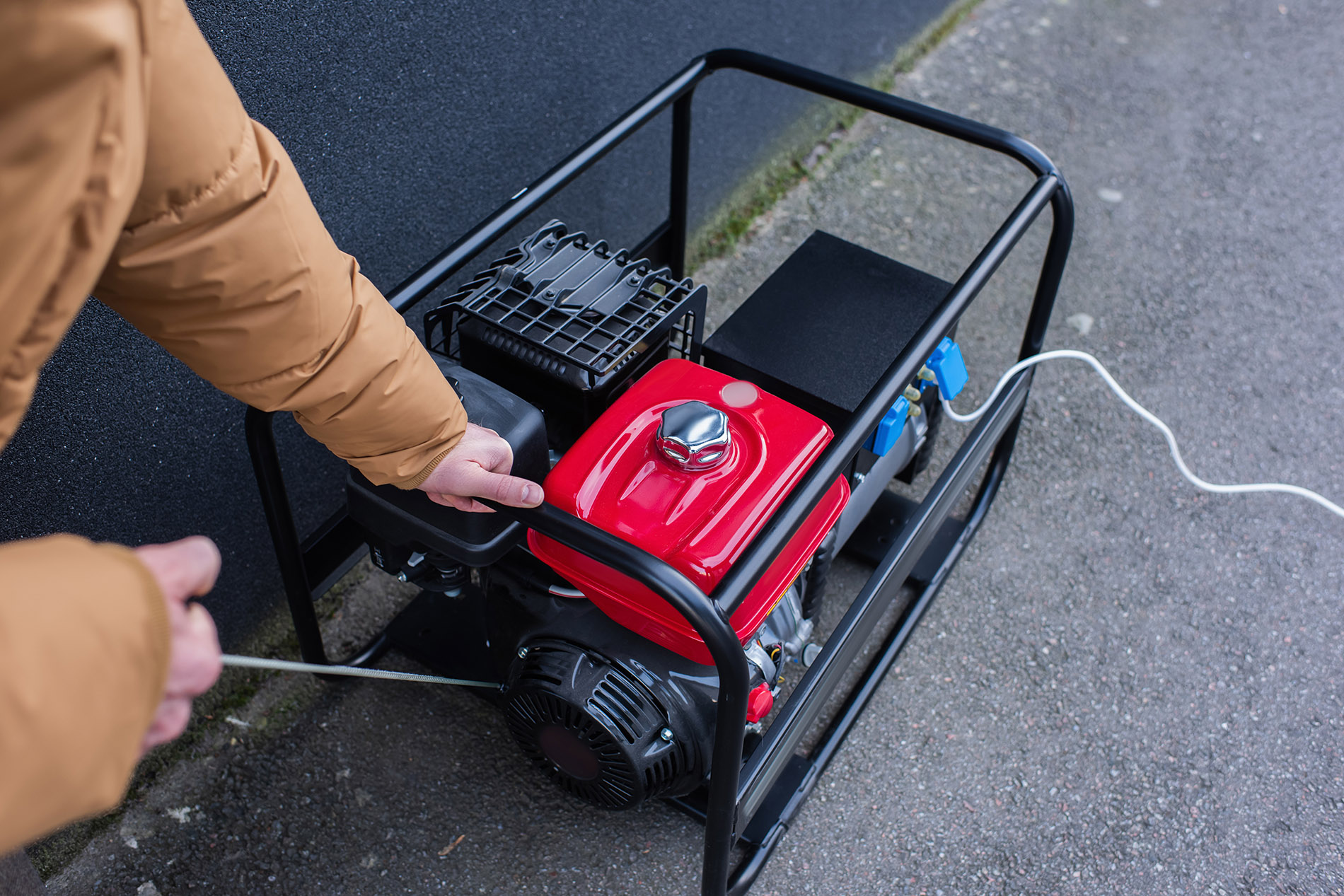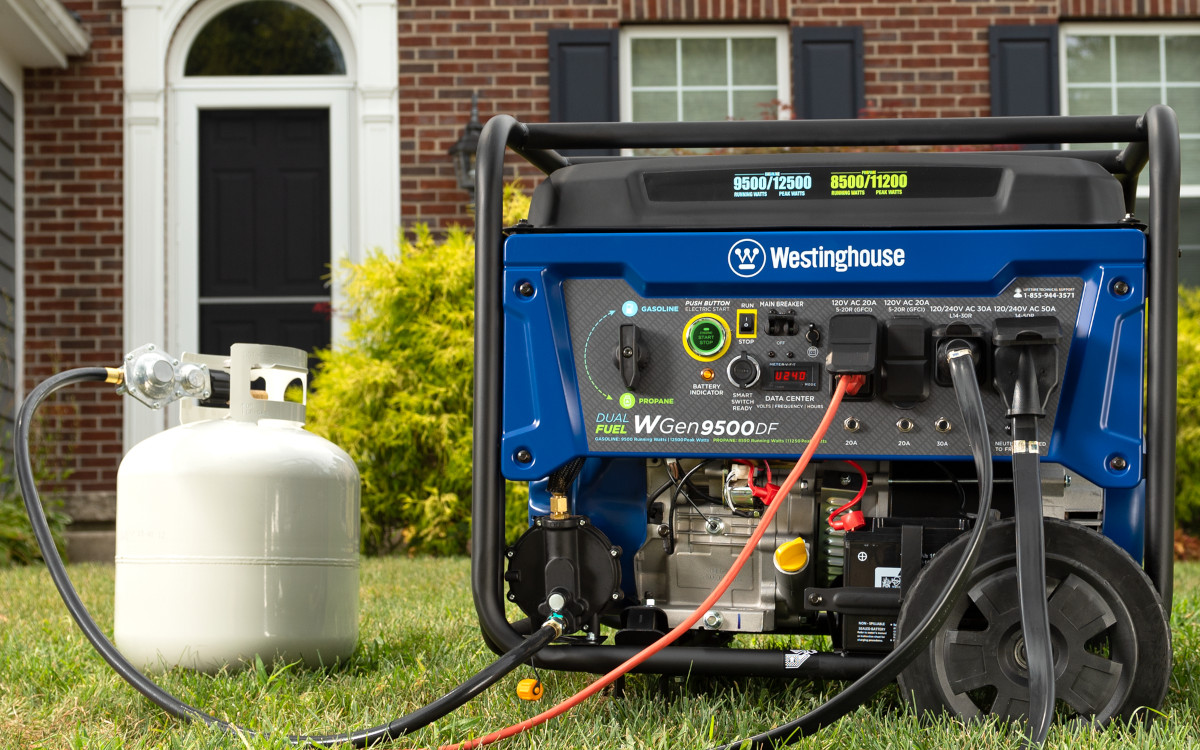- Home + Home use Generators
Comprehensive Guide to Home Use Generators: Ensuring Reliable Backup Power
Home use generators are indispensable for ensuring a steady supply of power during outages and emergencies. These generators can keep essential household appliances and systems running, maintaining comfort and safety.
- Continuous Supply:Keeps essential appliances like refrigerators, HVAC systems, and medical equipment operational.Provides reassurance and preparedness during storms, natural disasters, or grid failures.
- Security Systems:Ensures security systems and cameras remain functional during outages.Maintains indoor and outdoor lighting, reducing the risk of accidents.
- Climate Control:Powers heating and cooling systems to keep the home comfortable.Supports home office equipment, ensuring productivity during power outages.
- Daily Needs:Keeps kitchen appliances, entertainment devices, and communication tools operational.
- Identify Essential Devices:Determine the total wattage required to power essential devices and systems in your home.
- Calculate Total Load:Consider both starting (surge) and running wattage to ensure the generator can handle peak loads.
- Prioritize Needs: Decide if you need to power the entire home or just critical circuits.Widely available but has a shorter shelf life and higher flammability.
- Diesel: More efficient and longer-lasting, but less common for residential use.Clean-burning and has a long shelf life, but requires a propane tank.
- Natural Gas:Offers a continuous supply if available, but requires a connection to the home’s gas line.
- Regular Testing:Periodically test the generator to ensure it is in working condition.
- Safe Fuel Storage:Store fuel safely in approved containers and keep it away from living areas.
- Electrical Safety:Use appropriate extension cords and avoid overloading the generator to prevent electrical hazards.
- Decibel Rating:Check the noise level of the generator, especially if it will be near living spaces. Standby generators are typically quieter than portable ones.
- Initial Cost:Consider the purchase price of the generator and installation costs.
- Operating Cost: Factor in fuel efficiency, maintenance, and long-term operational expenses.
- Professional Installation:Ensure proper installation, especially for standby generators connected to fuel lines and home circuits.
- Regular Maintenance:Follow manufacturer guidelines for maintenance to ensure reliability and longevity.
- Proper Ventilation:Always operate generators outdoors in well-ventilated areas to prevent carbon monoxide poisoning.
- Propane:Clean-burning and has a long shelf life, but requires a propane tank.

